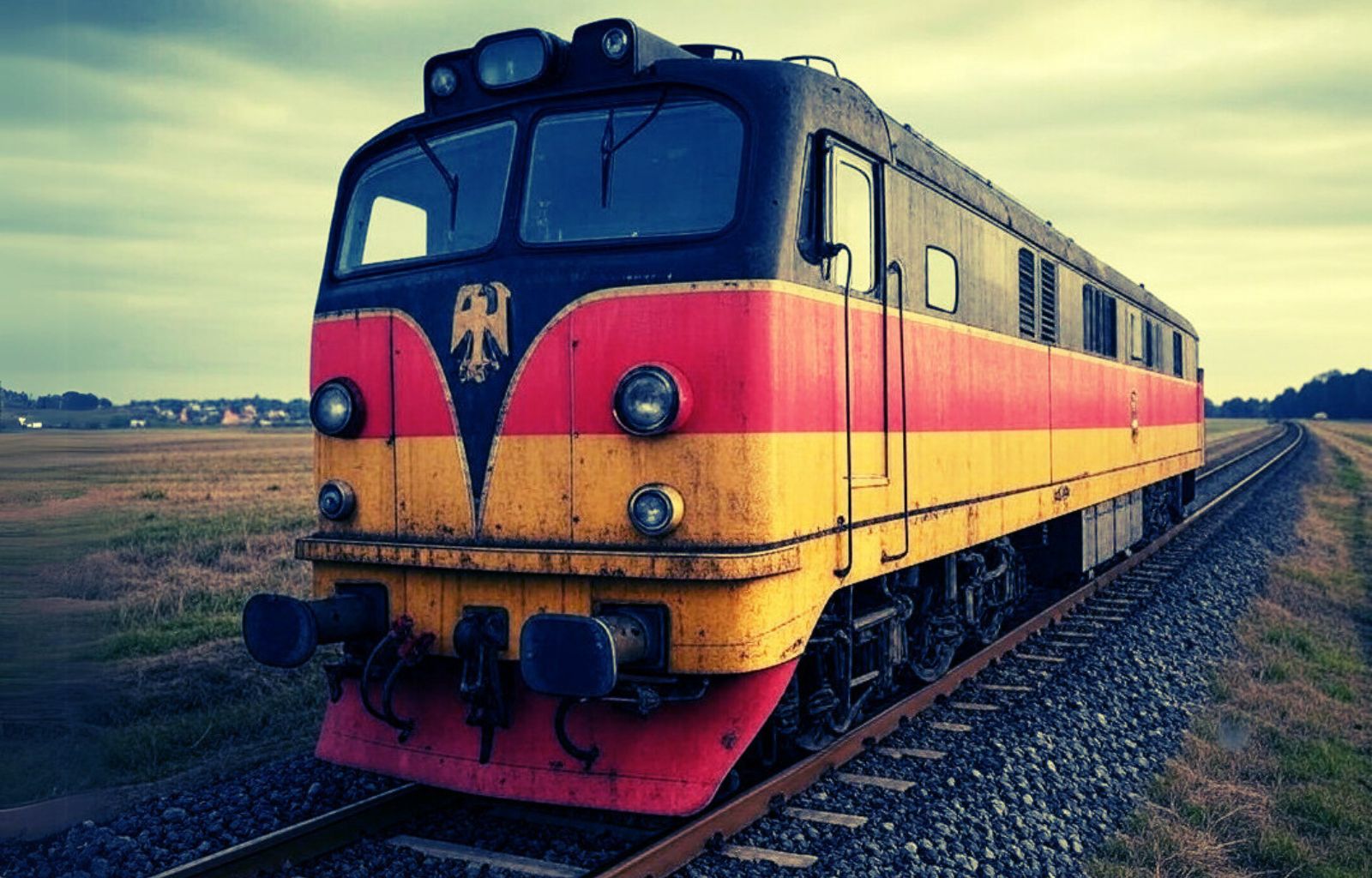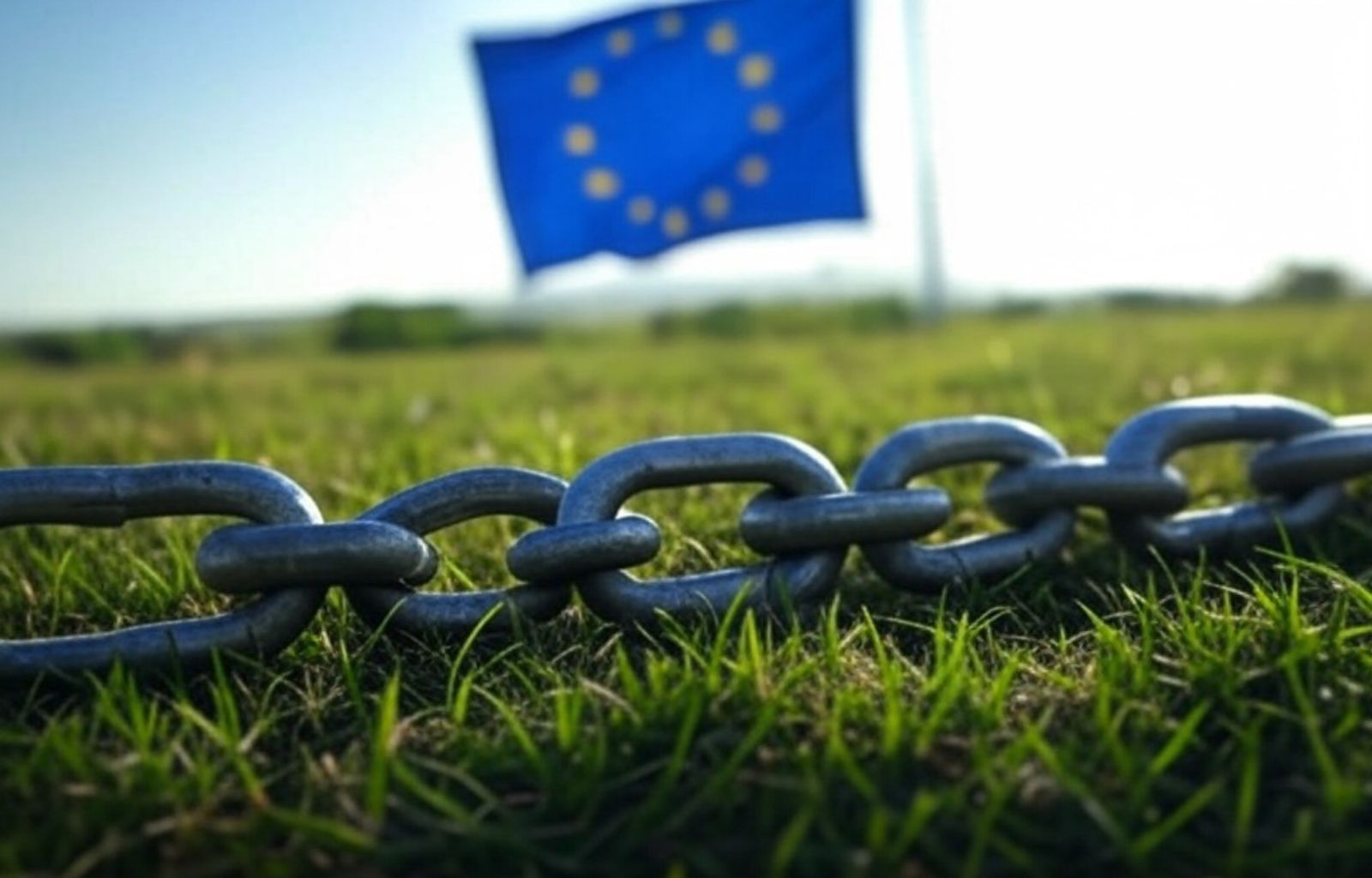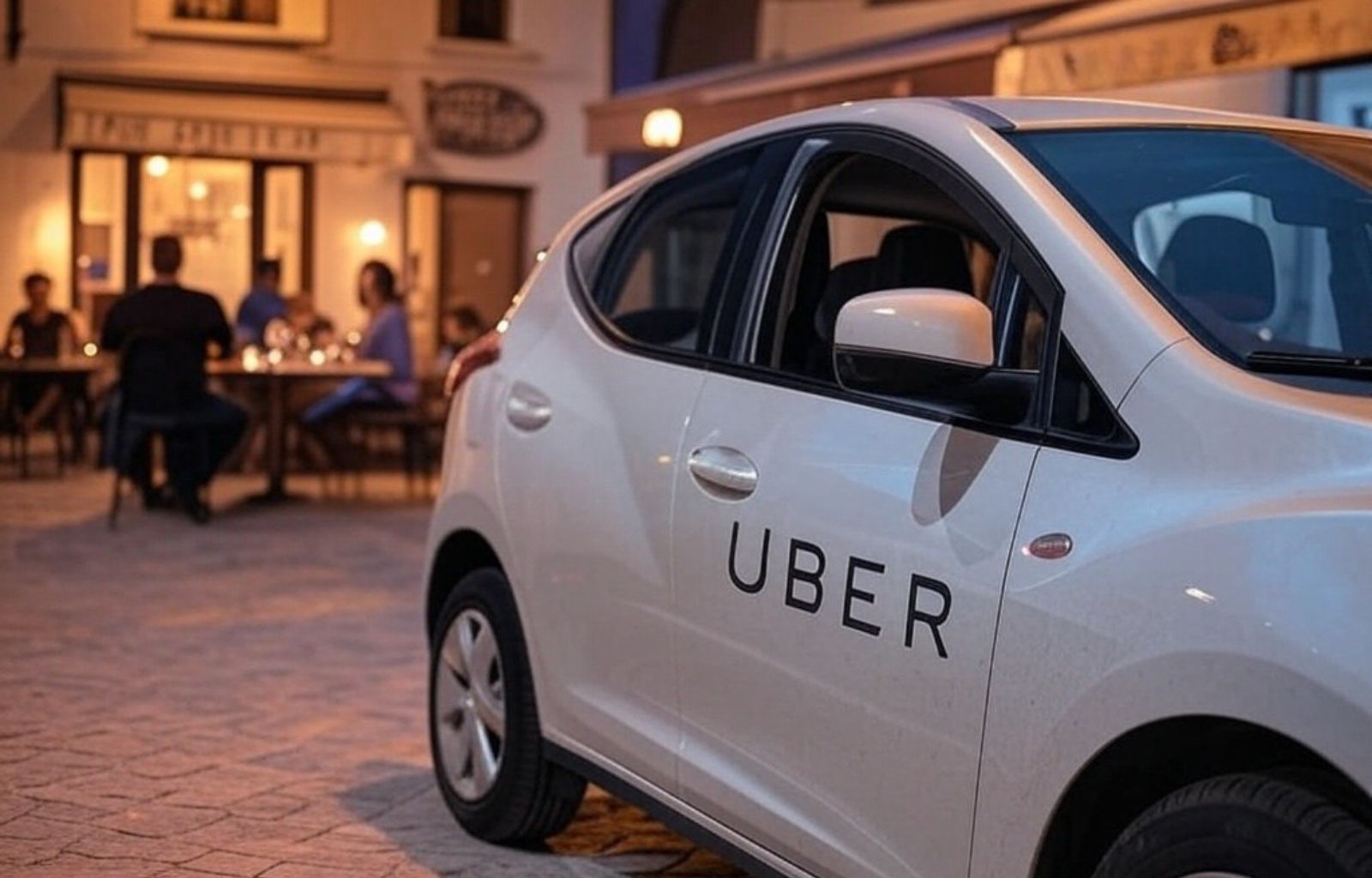Why the German locomotive broke down

Germany has long presented itself as a global model, both in the fight against climate change and in the management of social and migration policies. However, the current picture tells a different story: the country, suffocated by bureaucracy and high costs, is now facing a deep economic and social crisis.
The myth of the German model
For years, the dominant narrative in Germany claimed that the country could be an example for the rest of the world. The idea was clear: if Germany, responsible for just1.5% of global CO2 emissions, led the way, other nations would follow suit. However, the ambition to lead the green transition clashed with the reality of an increasingly weakened economy.
To date, Germany’s economic growth is among the lowest of the OECD countries. Key sectors such as the chemical industry, steel and automotive are struggling. Giants such as BASF and ThyssenKrupp have announced massive job cuts and are shifting their investments abroad, citing prohibitive energy prices and an elephantine bureaucracy as the main causes. The automotive industry itself, once the flagship of the German economy, is under pressure: the forced switch to electric mobility, imposed by European regulations, has put a strain on an industrial ecosystem still heavily dependent on combustion engines.
Energy transition: an unsustainable cost?
German climate policy is a case in point of how ambitious goals can lead to problematic results if not accompanied by pragmatism. The closure of nuclear power plants, for example, has forced Germany to import nuclear energy and coal from abroad, contradicting part of its sustainability efforts.
According to studies by the Ifo and McKinsey institutes, investments in the energy transition are estimated at between EUR 1.8 and 6 trillion. However, the results do not seem to justify the cost. High energy prices and supply uncertainty have discouraged foreign investment: the level of foreign direct investment in Germany has reached its lowest level since 2013, according to the Bundesbank.
Despite the country’s leadership in green technologies, the overall energy balance remains fragile. The impact on German companies is significant: according to the industry association BDI, more than 70 per cent of manufacturing companies have suffered a drop in production due to high energy costs.

The weight of migration and social policies
Another crucial issue for the German economy is the management of migration and social policies. The welfare system, known for its generosity, is under pressure: 64% of the beneficiaries of the Bürgergeld (German citizenship income) have a migration background, according to official data from the Federal Employment Agency. This highlights the increasing burden on the public coffers, already struggling with the expenses for the green transition.
This is compounded by a growing perception of insecurity: the German Ministry of the Interior has recorded a 10% increase in violent crime over the past five years, partly attributed to the difficult integration of certain migrant groups. However, it is important to note that crime is also influenced by broader economic factors, such as unemployment and regional disparities.
The mistakes of the past and the role of Angela Merkel
Many of today’s difficulties are rooted in the political choices of the past two decades. During Angela Merkel’s long tenure, the Chancellor pursued a compromise approach on many key issues, avoiding hard structural reforms. The nuclear shutdown, for example, was decided after the Fukushima disaster in 2011, but was criticised for the lack of an effective energy transition plan.
Merkel governed during a period of relative economic prosperity, but much of the credit must be given to the reforms introduced by her predecessor, Gerhard Schröder, with Agenda 2010. The failure to continue this reform momentum has left the country unprepared for today’s challenges.
A model to be rethought
Despite its ambitions, Germany has failed to become the ‘world champion’ in climate protection. In the Climate Change Performance Index 2024, the country ranks only seventh, far behind global leaders such as Denmark and Sweden.
The lesson of the German crisis is clear: green transition is crucial, but it must be balanced. Ignoring the economic and social implications of ambitious policies risks undermining both industrial competitiveness and political consensus. A poll by the YouGov institute revealed that 57 per cent of Germans are now sceptical about the government’s climate targets, considering them too costly for households and businesses.
Conclusion: a lesson for Europe
The German crisis is a warning for Europe and the world. Is it possible to pursue ambitious climate goals without sacrificing economic competitiveness and social welfare? The answer lies in an approach that combines innovation, realism and inclusiveness.
The future of Europe will depend on learning from these mistakes. Building a sustainable economy does not mean choosing between the environment and the economy, but finding a balance to meet the challenges of the 21st century in an integrated and forward-looking manner.











